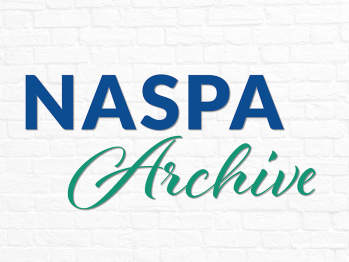
Social Justice and Inclusion - Professional Competency
January 1, 2015
While there are many conceptions of social justice and inclusion in various contexts, for the purposes of this competency area, it is defined here as both a process and a goal which includes the knowledge, skills, and dispositions needed to create learning environments that foster equitable participation of all groups while seeking to address and acknowledge issues of oppression, privilege, and power. This competency involves student affairs educators who have a sense of their own agency and social responsibility that includes others, their community, and the larger global context. Student affairs educators may incorporate social justice and inclusion competencies into their practice through seeking to meet the needs of all groups, equitably distributing resources, raising social consciousness, and repairing past and current harms on campus communities.
Professional Development
Professional development within this competency areas assumed that student affairs educators need to understand oppression, privilege, and power before they can understand social justice. Intermediate and advanced level outcomes reflect social justice oriented applications in practice and then interconnections between leadership and advocacy.
In July 2015, the NASPA Board of Directors approved Professional Competency Areas for Student Affairs Educators. The set of professional competency areas is intended to define the broad professional knowledge, skills, and in some cases, the attitudes expected of student affairs professionals regardless of their area of specialization or positional role within the field.

